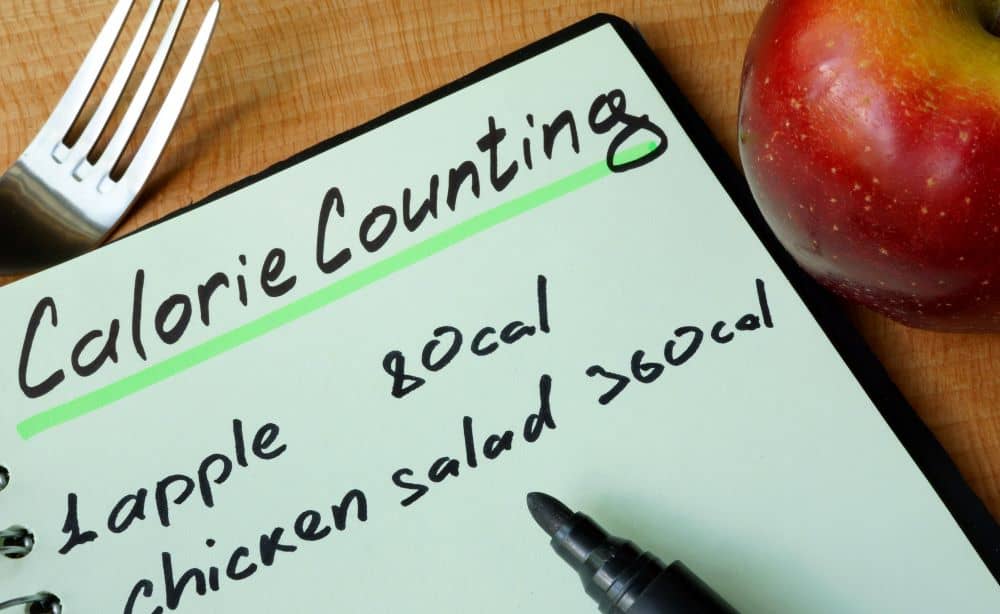Nutrition Myths—Busted!
When you’re trying to stay healthy, lose weight, or get fit, it seems like everyone has advice for you—eat this, don’t eat that, try this miracle cure, or that exercise. All of these theories can get overwhelming! So, is your friend’s advice fact or fiction? Let’s take a look at 6 pieces of well-meaning advice that may be more myth than meaningful.
1. Carbs are the enemy
Of all the crash diets that have been popular over the last few decades, those that require you to restrict carbohydrates are among the most popular. However, you don’t need to cut carbs completely if you’re looking to lose weight. Diets like the Mediterranean Diet, which promotes healthy carbohydrates as part of a healthy diet, are proven to be some of the most effective for long-term weight loss and overall health.
The important thing to remember is that not all carbs are created equal. If your diet is rich in processed carbs, like refined sugar and white bread, your weight loss plans may not go as well as you’d like. However, whole grains are a tasty and healthful way to hold onto carbs without derailing your diet.
2. You have to count calories to lose weight
A lot of diet programs, including popular programs like Weight Watchers, base their entire programs on counting the calories and fat that you’re putting into your body to make sure that you don’t exceed a predetermined number. While watching your calorie intake can be helpful, some evidence suggests that counting calories can do more harm than good. Researchers have discovered a link between calorie counting and disordered eating, leading many to question the practice of recording and counting calories and other nutrients.
The bottom line is, if you fill your diet with whole, unprocessed foods in reasonable portions, you’ll most likely keep your daily calorie count low enough to see progress in your health and wellness, even if you don’t log and count everything that you eat.
3. Juice cleanses are a weight loss miracle cure
If you’ve ever talked to a fitness junkie, you’ve probably heard about the miracle of juice cleanses. The idea is to replace meals with juices and smoothies, thereby cutting your calorie intake. Additionally, many juicing proponents believe that because liquids are easier for your body to process, consuming juice instead of solid food can aid in your weight loss endeavours. Unfortunately, the juicing craze may do more harm than good. The problem is that many popular juices and pre-made smoothies contain way more calories and sugar than people realize.
This doesn’t mean that juice and smoothies don’t have a place in a healthy diet. Instead of grabbing a bottle of juice or pre-made smoothie from the grocery store, get your juicer or blender and use fresh fruits and vegetables to make juices at home. This way, you can be sure that only whole foods are included in your tasty beverage.
4. You should stock up on low-fat / diet items
There are tons of products out there that prominently display words like “diet” or “low-fat” on the packaging. You may think that by filling your shopping cart with these items, you’re on your way to weight loss success. Unfortunately, these products may be falsely advertising their abilities to help you stay fit and healthy. Research indicates that these products often contain more sugar and sodium than their “regular” counterparts.
The key here is to be a smart shopper. Always examine labels closely before you toss a product into your cart. Check for sugar and sodium content, or you may end up derailing your diet. If you want to be certain that your choices are healthy, you can’t go wrong with fresh produce and other whole foods! There are no sneaky additives to worry about with these fresh ingredients.
5. No fat is good fat
You may be thinking that the best way to cut fat from your body is by cutting fat from your diet. If you immediately look at the fat content when examining nutrition labels, you may be doing yourself a disservice. Research indicates that in the long run, low-fat diets might do more harm than good. Those who practice reduced-fat diets may see short-term weight loss but poor results in the long term.
When determining which foods you should eat, remember that not all fats are created equal. Bad fats can be found in foods like butter, margarine, and many types of meat. However, foods like vegetable oil, nuts, and avocados contain good fats that can be good for your weight and heart health.
6. Breakfast is the most important meal of the day
You’ve probably been told that skipping breakfast is a weight-loss disaster! Many dieters believe that eating first thing in the morning kick starts your metabolism and encourages your body to burn more calories over the day. However, that may not be the case. Some research has shown that people who skip breakfast tend to have lower body weight than those who eat breakfast every day.
Intermittent Fasting, the latest health craze, maybe a great way to lower your weight over time. This diet method involves fasting for the majority of the day, typically around 16 hours, and consuming your meals during the remaining hours of the day. Most people do this by skipping breakfast. This method for structuring your meals can be a great way to shed pounds.
The Bottom Line
Often, if a weight-loss method seems too good to be true, it probably is. By making sensible choices, you can lose weight and feel great without resorting to drastic measures that may do more harm than good.













